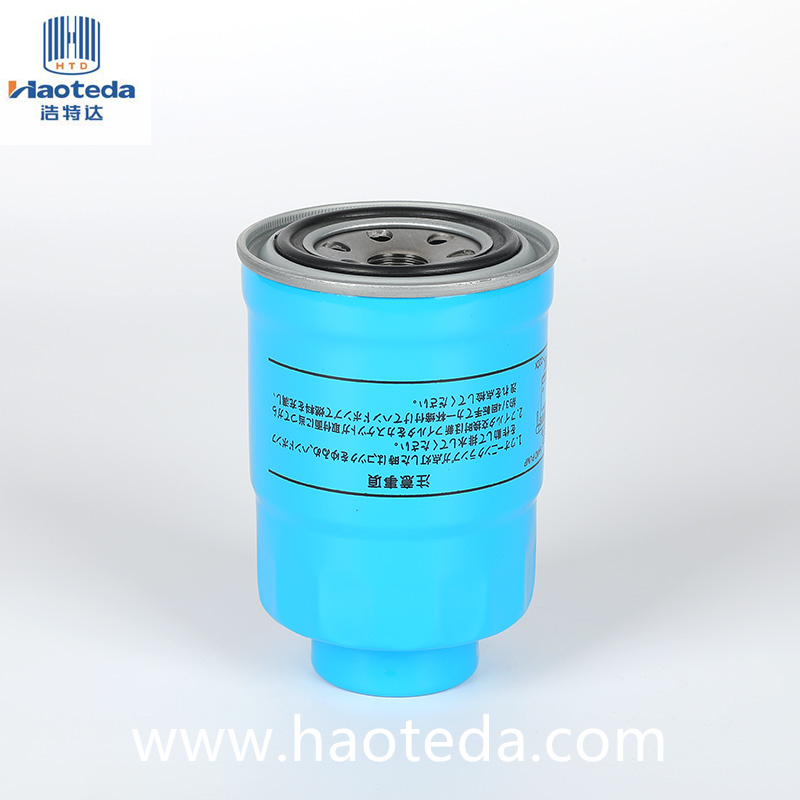The development of fuel filters stands as a cornerstone in the evolution of automotive engineering and design, profoundly influencing both vehicle performance and longevity. At its essence, a fuel filter serves a vital role in safeguarding the engine by screening out contaminants such as dirt, rust particles, and debris from the fuel before it reaches sensitive components. This basic yet crucial function has had far-reaching implications across the automotive industry.
One of the primary impacts of fuel filters on automotive engineering is evident in the enhancement of engine efficiency and reliability. Clean fuel, free from contaminants, ensures optimal combustion within the engine cylinders. This not only improves fuel efficiency by allowing the engine to burn fuel more effectively but also reduces emissions, contributing to environmental sustainability. Moreover, by maintaining a clean fuel supply, fuel filters help prevent clogging of fuel injectors and damage to fuel pumps and valves, thus extending the overall lifespan of the engine.
From a design perspective, the integration of effective fuel filtration systems has prompted advancements in engine management technologies. Modern vehicles often feature sophisticated engine control units (ECUs) that monitor fuel quality and filter performance in real-time. This integration allows for adaptive adjustments in fuel delivery and combustion parameters, optimizing engine performance across various driving conditions. Such advancements not only enhance vehicle reliability but also contribute to smoother operation and improved driver satisfaction.
The impact of fuel filters extends beyond performance improvements to include regulatory compliance and safety standards. Stricter emissions regulations worldwide necessitate the use of efficient fuel filtration systems to minimize harmful pollutants released into the atmosphere. By ensuring cleaner combustion and reducing emissions, fuel filters play a pivotal role in helping automakers meet these stringent environmental mandates. This compliance not only enhances the environmental credentials of vehicles but also enhances their marketability in regions with rigorous emission standards.

Historically, the evolution of fuel filters has paralleled advancements in automotive technology and fuel diversification. As alternative fuel sources such as ethanol blends and biodiesel have gained prominence, fuel filters have adapted accordingly to accommodate these diverse fuel types. This flexibility underscores their role in supporting automotive sustainability efforts and energy diversification strategies.
The development of fuel filters has profoundly impacted automotive engineering and design by improving engine performance, extending engine lifespan, enhancing regulatory compliance, and supporting advancements in engine management technology. As vehicles continue to evolve towards greater efficiency and sustainability, fuel filters will remain integral components in ensuring clean and reliable operation of internal combustion engines. Their ongoing evolution reflects the automotive industry's commitment to innovation and environmental stewardship, setting benchmarks for future advancements in vehicle technology.
 English
English
 English
English Español
Español Français
Français
 +86-139-6774-0263
+86-139-6774-0263









